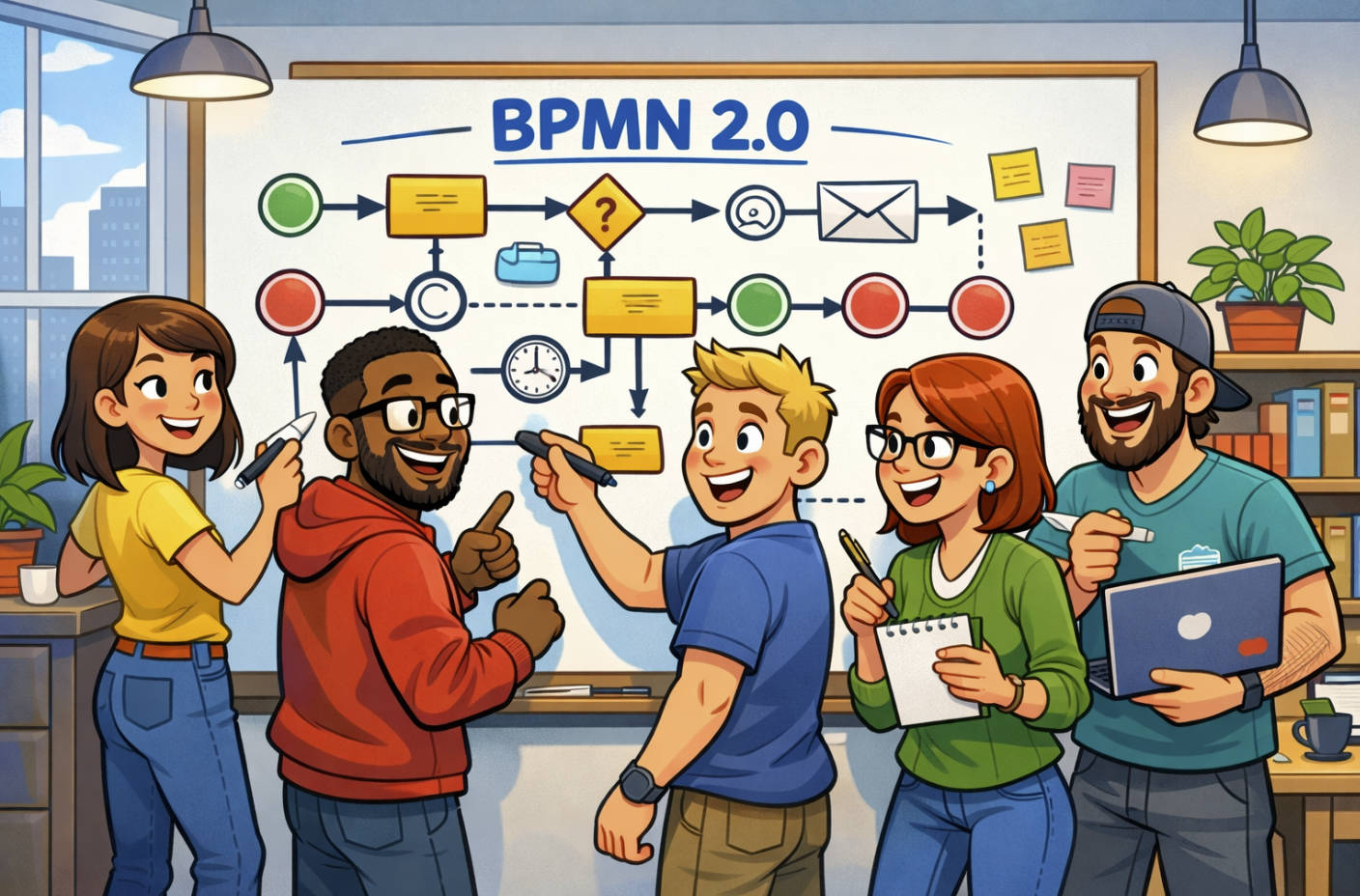😀 Friendliness as a Strategic Edge
Business analysis is often seen as a numbers-and-requirements game. But the analysts who consistently unlock better outcomes aren’t just methodical — they’re approachable.
Friendliness is not a weakness. It’s a professional advantage.
When analysts show personality, warmth, and a touch of humor, they lower defenses. Stakeholders stop treating requirements sessions like interrogations and start treating them like conversations. That shift changes everything.
🤝 Breaking Down Silos with Approachability
Many organizations struggle with silos: IT speaks one language, operations another, leadership yet another.
A “dry, robotic” analyst may collect information, but they rarely inspire collaboration. By contrast, a friendly analyst naturally bridges gaps. People are more willing to share openly, admit pain points, and brainstorm solutions when they feel at ease.
Approachability creates psychological safety — and psychological safety drives innovation.
💡 The Human Factor in Process Design
AI can crunch massive datasets. Tools can map workflows in seconds. But people still decide whether processes succeed or fail.
That’s where personality comes in. Analysts who bring warmth to discussions foster trust and engagement, making stakeholders want to participate.
This doesn’t mean being unprofessional. It means recognizing that behind every metric or diagram is a human who wants to be respected, understood, and included.
🧩 Case Example: Two Analysts, Two Outcomes
In one workshop, a monotone analyst sticks to a rigid agenda. Stakeholders give minimal input, conversations stall, and the final workflow feels lifeless.
In another, the analyst starts with a smile, uses names, and lightens the mood. Stakeholders open up, disagreements are handled gracefully, and the final process reflects diverse insights.
The difference wasn’t technical knowledge. It was personality.
📊 Why Personality Pays Off in Business Analysis
- Higher Engagement: Friendly analysts encourage participation, leading to richer requirements.
- Faster Trust-Building: Stakeholders are quicker to buy in when they feel heard and respected.
- Better Adoption: People are more likely to support solutions that emerged from a collaborative, positive environment.
- Smoother Change Management: Change feels less threatening when guided by someone approachable.
🙌 Personality Isn’t Extra — It’s Essential
In the age of AI and automation, analysts are often under pressure to prove their value. While AI can handle documentation, workflow mapping, and even predictive insights, it cannot replicate human warmth.
That’s the competitive edge: being the analyst stakeholders want in the room.
Adding a touch of personality is not about being casual. It’s about being human in spaces where trust and collaboration are essential.
🚀 Final Thoughts
Analysts don’t need to choose between competence and charisma. The future belongs to those who combine technical skills with genuine approachability.
Because at the end of the day, people won’t remember how many acronyms you knew. They’ll remember how you made them feel while building the future together.






